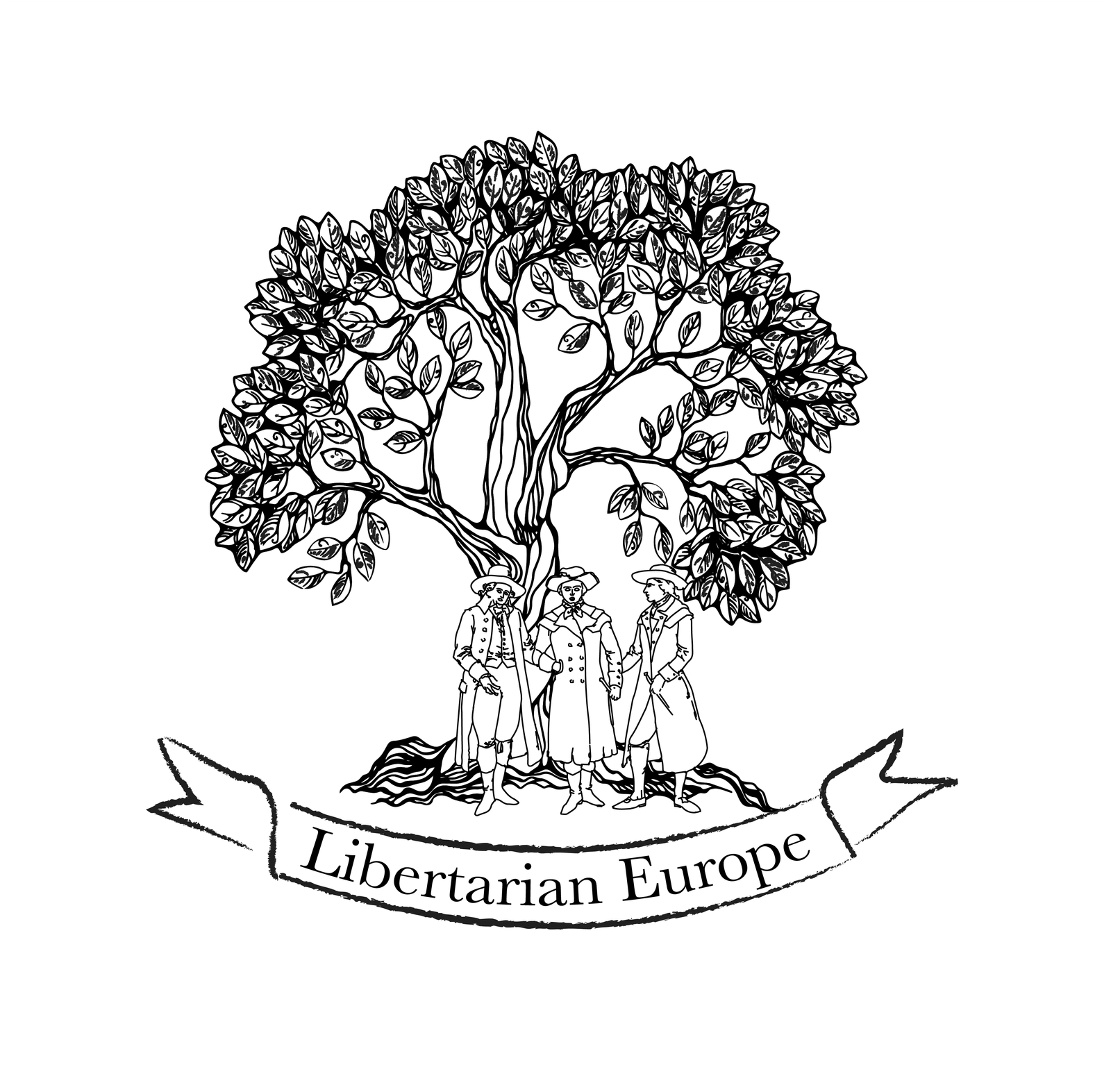France’s far-left plans to tax citizens worldwide
Lucie Castets, a prominent French politician who was nominated by the far-left coalition, New Popular Front, as their candidate for Prime Minister, has proposed a radical plan to tax French citizens globally, irrespective of their country of residence.

This move aims to expand the tax net to include all French nationals, regardless of where they live or earn their income. Proponents argue that it could significantly increase revenue for the French government, addressing budget deficits and funding public services. However, this proposal raises substantial concerns about individual liberty and the extent of government overreach.
Castets’ plan is deeply troubling as taxation without residence infringes on personal freedom, imposing financial obligations on individuals who may have long severed their ties with France. It also complicates the lives of expatriates, who already navigate complex tax landscapes in their host countries. Such a policy could discourage global mobility and entrepreneurship, stifling economic dynamism and innovation. Moreover, the administrative burden and potential for double taxation could lead to unintended consequences, diminishing the overall economic welfare of French citizens worldwide.
The plan epitomises state overreach, extending the government’s grasp far beyond its borders. Instead of expanding the tax net, the focus should be on streamlining domestic tax policies and reducing government spending. Ensuring fiscal responsibility and economic freedom at home would likely yield more sustainable benefits than pursuing a global taxation scheme that infringes on personal liberties and complicates international living. Ultimately, Castets’ proposal may drive a deeper wedge between the state and its citizens, eroding trust and undermining the principles of individual freedom and limited government.
France already holds the position of the EU country with the highest government expenditure as a percentage of its GDP, where 58% of its GDP is government expenditure. The country’s current debt is already € 3.1 trillion (about 110% of France’s GDP).
The controversial idea was included in the 2017 platform of Jean-Luc Mélenchon and even in the 2012 program of the former French president Nicolas Sarkozy, who has since been arrested for corruption, highlighting how far to the left the French establishment has shifted.
If such policy goes ahead, it would impact 2.5 million French citizens that are estimated to live abroad.
This policy could also be seen as a green flag for other European countries flirting with far-left ideas to copy this divisive model.
Currently, only two countries in the world have a Citizen Based taxation system, the US and Eritrea, where citizens are treated like properties of the State even outside the jurisdiction of the State.

